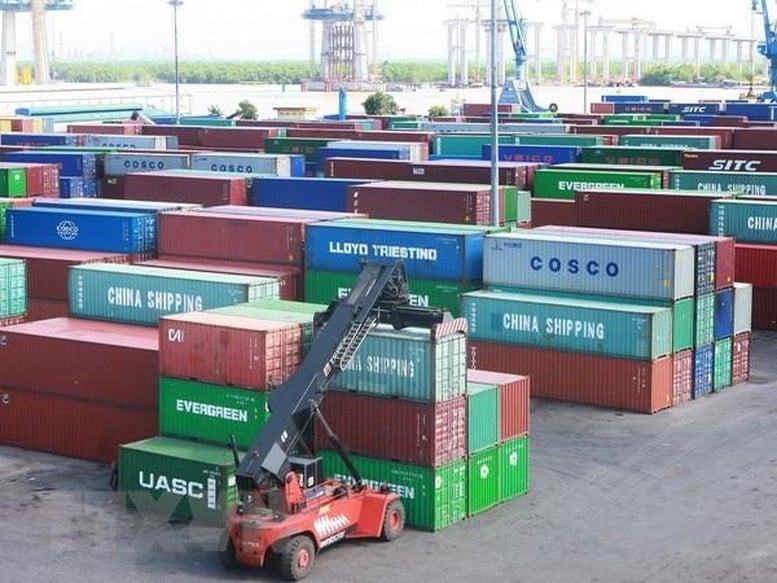
The Ministry of Finance plans new regulations on handling backlog of goods in customs operations areas.
The Ministry of Finance said that Circular No. 203/2014/TT-BTC dated December 22, 2014 of the Minister of Finance promulgating guidelines for handling backlog goods in customs operation areas has specifically stipulated the time, order, procedures, and specific work contents that relevant units must perform in the process of handling backlog goods in customs operation areas; creating a legal basis for the Customs authority to handle backlog goods in customs operation areas in a unified, strict, and effective manner, contributing to increasing state budget revenue.
However, Circular No. 203/2014/TT-BTC was issued and implemented from 2014 to present, during the implementation process, a number of problems and shortcomings have arisen, which are not suitable for the new situation. In addition, Decree No. 77/2025/ND-CP dated April 1, 2025 of the Government regulating the order and procedures for establishing the ownership of the entire people over assets and handling assets with established ownership of the entire people has new regulations on handling of backlog goods in customs operation areas; the organizational structure of the customs authority has also changed. Therefore, it is necessary to study, amend and supplement regulations guiding procedures related to the handling of backlog goods within the customs operation area, overcome difficulties arising during the implementation process, and create a legal basis for more effective handling of backlog goods, in accordance with the organizational structure of state management agencies.
In the draft Circular amending and supplementing a number of articles of Circular No. 203/2014/TT-BTC dated December 22, 2014 of the Minister of Finance guiding the handling of backlogged goods in customs operation areas, the Ministry of Finance plans to amend and supplement a number of contents such as:
Regarding the scope of adjustment, the Ministry of Finance plans to amend Clause 3, Article 1 of Circular No. 203/2014/TT-BTC as follows:
"3. This Circular does not regulate:
a) Goods remaining outside the customs operation area or goods remaining within the customs operation area but not subject to customs supervision;
b) Stockpiled goods are exhibits, means of administrative violations, and evidence of cases that are handled according to specialized law provisions;
c) Goods stored by carriers at Vietnamese seaports shall be handled in accordance with legal provisions on handling of goods stored by carriers at Vietnamese seaports."
The Ministry of Finance said the reason for the amendment is to ensure consistency and synchronization with the law on handling administrative violations, criminal law and other relevant laws.
Regarding the subjects of application of the Circular, the Ministry of Finance plans to add "airline" and "carrier" to the subjects of application of the Circular in Clause 5, Article 2 of Circular No. 203/2014/TT-BTC as follows:
"5. Shipping line; airline; shipping line agent, airline ; authorized representative of shipping line, airline ; freight forwarding and transportation enterprise (hereinafter referred to as carrier)".
The reason is to detail the scope of regulation for the subjects performing cargo transportation activities, which are airlines or airline agents, authorized representatives of airlines and cargo transportation enterprises. These are the main subjects in cargo transportation activities, holding information of cargo owners and backlog goods.
On regulations on the subject of notification to find the owner of the backlog of goods and the time to receive the goods
Draft proposed amendments and supplements to Clause 2, Article 5 of Circular No. 203/2014/TT-BTC:
"2. Goods whose owners show signs of abandonment are goods subject to customs supervision in customs operating areas (seaports, inland waterway ports receiving foreign watercraft, inland ICD ports, locations for collection of small cargo, bonded warehouses, airports, postal service providers and other customs operating areas) that the owners do not come to receive or do not respond when notified by the enterprise managing the backlog of goods".
The Ministry of Finance explains the reason for the above proposal as follows: Regarding the subject of notification, Clause 2, Article 5 stipulates that the goods whose owners perform acts demonstrating abandonment are goods subject to customs supervision within the customs operation area and the owners do not come to receive or respond after being notified by the competent authority. However, Points a, b, and c, Clause 2, Article 5 stipulate the notification responsibilities of bonded warehouse owners, postal service providers, and air cargo and baggage carriers (which are enterprises). Therefore, to be consistent in terms of legal terminology, the phrase "after being notified by the competent authority" is amended to "when notified by the enterprise managing the backlog".
In addition, the Ministry of Finance plans to add point d to Clause 2, Article 5 of Circular No. 203/2014/TT-BTC as follows:
"d) The time limit for receiving goods in other areas within the customs operation area that are not subject to the provisions in points a, b, c of this clause is 90 days from the date of notification."
Reason: Regarding the time limit for receiving goods, Article 5 stipulates the time limit for receiving goods at bonded warehouses, through postal service providers, and at airports, but there are no regulations for other cases within the customs operation area.
Additional carrier liability for handling backlog cargo
The Ministry of Finance plans to supplement Clause 2, Article 6 of Circular No. 203/2014/TT-BTC as follows: "2. Carriers and enterprises managing backlogged goods are responsible for providing information related to backlogged goods when requested for clarification by the Customs authority".
The Ministry of Finance stated the reasons for the above proposal: Firstly, Article 4 of Circular No. 203/2014/TT-BTC stipulates that the carrier is responsible for providing information on the list of bills of lading that have been over 90 days since the date the goods arrived at the import gate without a recipient to the port, warehouse and yard business enterprises as a basis for monitoring and summarizing the situation of backlogged goods. Secondly, in reality, in handling backlogged goods, the customs authority reported that it had encountered many difficulties in verifying the origin of the goods and the information of the owner due to insufficient information and lack of coordination from relevant parties, especially in the case of foreign shippers. Therefore, to be consistent with the regulations in Article 4 and to facilitate the customs authority in collecting information in cases where it is necessary to quickly handle backlogged goods, it is necessary to add the carrier as the entity responsible for providing information when requested by the customs authority.
On the obligations of traders when exercising the rights of retention, custody and disposal according to commercial law
The draft proposes to add Clause 3 to Article 6 of Circular No. 203/2014/TT-BTC as follows:
3. In case the carrier or logistics service enterprise has exercised the right to retain and dispose of the remaining goods, then relinquished the right to retain and dispose of them and transferred them to the customs authority for handling according to the provisions of this Circular, and the goods are subject to compulsory destruction, the destruction costs shall be paid by the carrier or logistics service enterprise.
The reasons for the above proposal are: The Maritime Code and Decree No. 169/2016/ND-CP dated December 7, 2016 of the Government stipulate the right to retain, dispose of and handle goods transported by shipping lines to ensure payment of transportation costs, compensation for ship detention and other expenses arising in connection with the transportation of goods by sea; Article 123 of the Commercial Law stipulates the right to retain and dispose of logistics service enterprises; Article 239 of the Commercial Law stipulates the right to retain and dispose of goods; Article 240 stipulates the obligations of logistics service traders when retaining goods.
Therefore, to increase the responsibility of carriers and logistics service enterprises in handling backlog goods, prevent cases where irresponsible carriers cause ports to turn Vietnam into a place to store waste goods, scrap, goods that pollute the environment, or in cases where ships and logistics enterprises prolong the storage time and dispose of goods until the goods are no longer valuable and may have to be destroyed before declaring to abandon the goods to transfer to customs agencies to handle backlog goods, leading to a burden on the state budget...
Please read the full draft and give your comments here.
Wisdom
Source: https://baochinhphu.vn/du-kien-quy-dinh-moi-xu-ly-hang-hoa-ton-dong-thuoc-dia-ban-hoat-dong-hai-quan-102250820170726925.htm



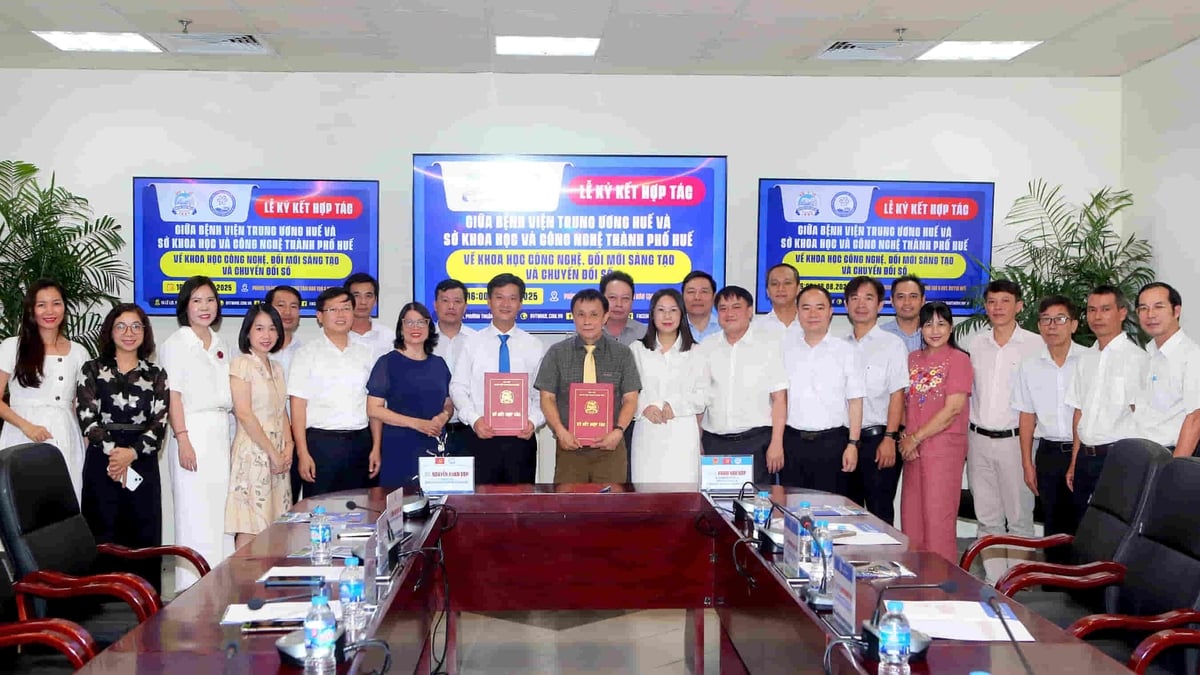


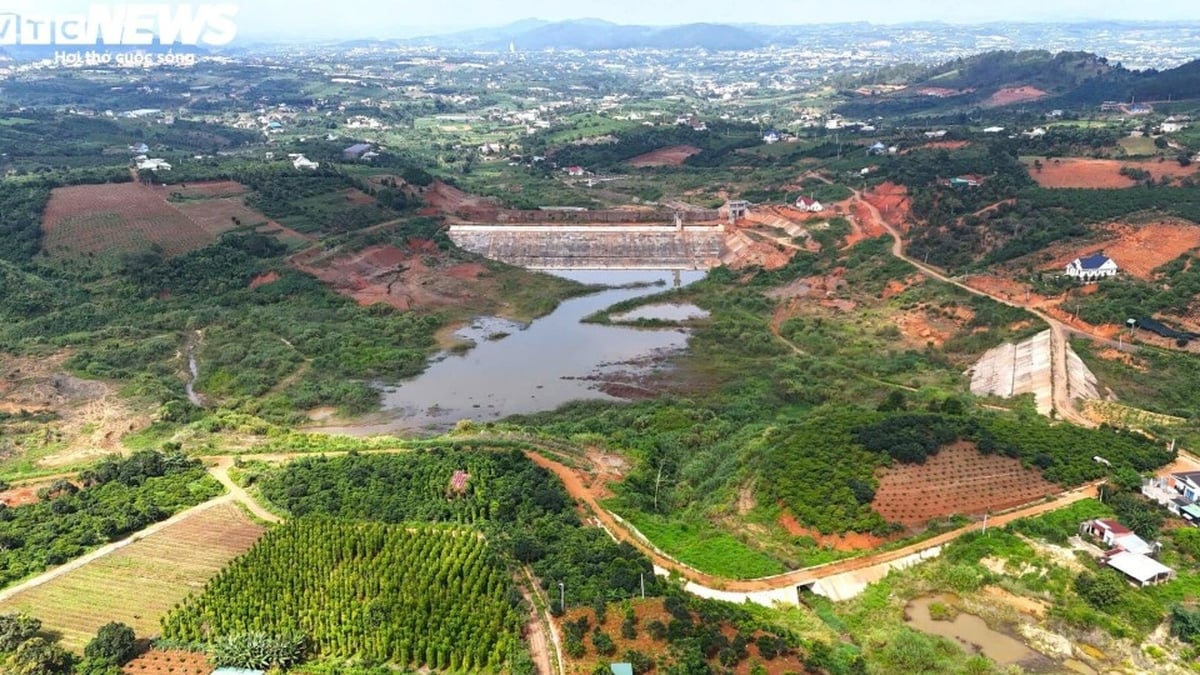




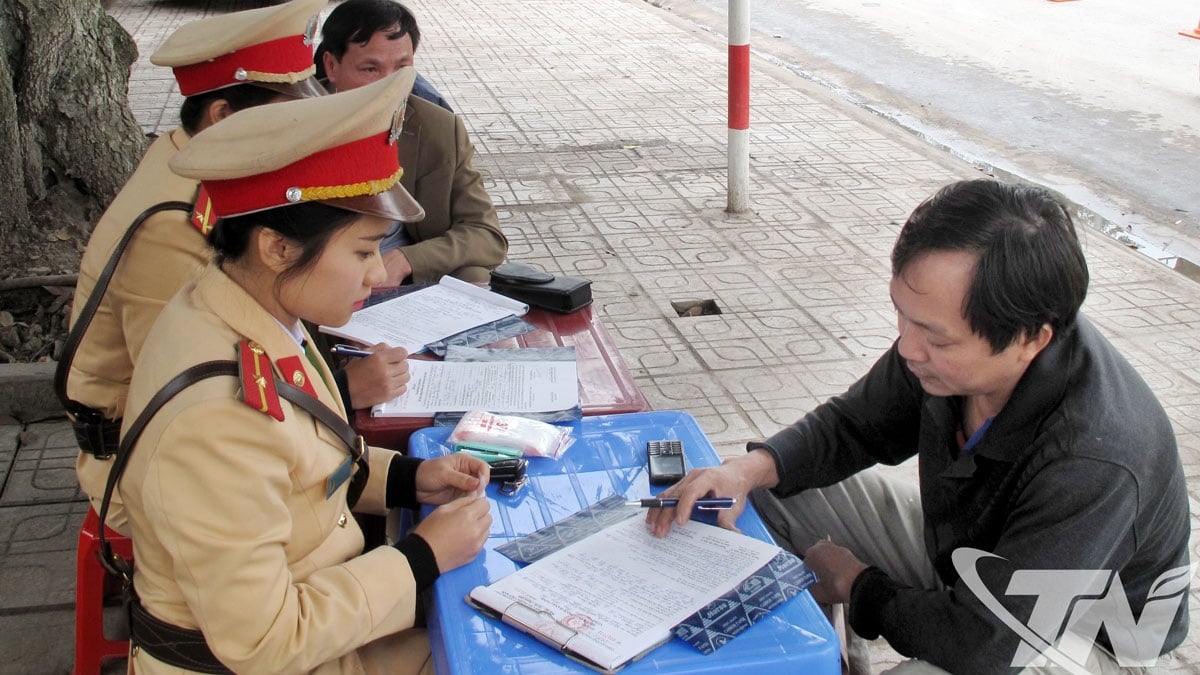













![[Photo] Politburo works with Standing Committees of Lang Son and Bac Ninh Provincial Party Committees](https://vphoto.vietnam.vn/thumb/1200x675/vietnam/resource/IMAGE/2025/8/20/0666629afb39421d8e1bd8922a0537e6)


![[Photo] Prime Minister Pham Minh Chinh receives Australian Foreign Minister Penny Wong](https://vphoto.vietnam.vn/thumb/1200x675/vietnam/resource/IMAGE/2025/8/20/f5d413a946444bd2be288d6b700afc33)


![[Photo] An Phu intersection project connecting Ho Chi Minh City-Long Thanh-Dau Giay expressway behind schedule](https://vphoto.vietnam.vn/thumb/1200x675/vietnam/resource/IMAGE/2025/8/21/1ad80e9dd8944150bb72e6c49ecc7e08)
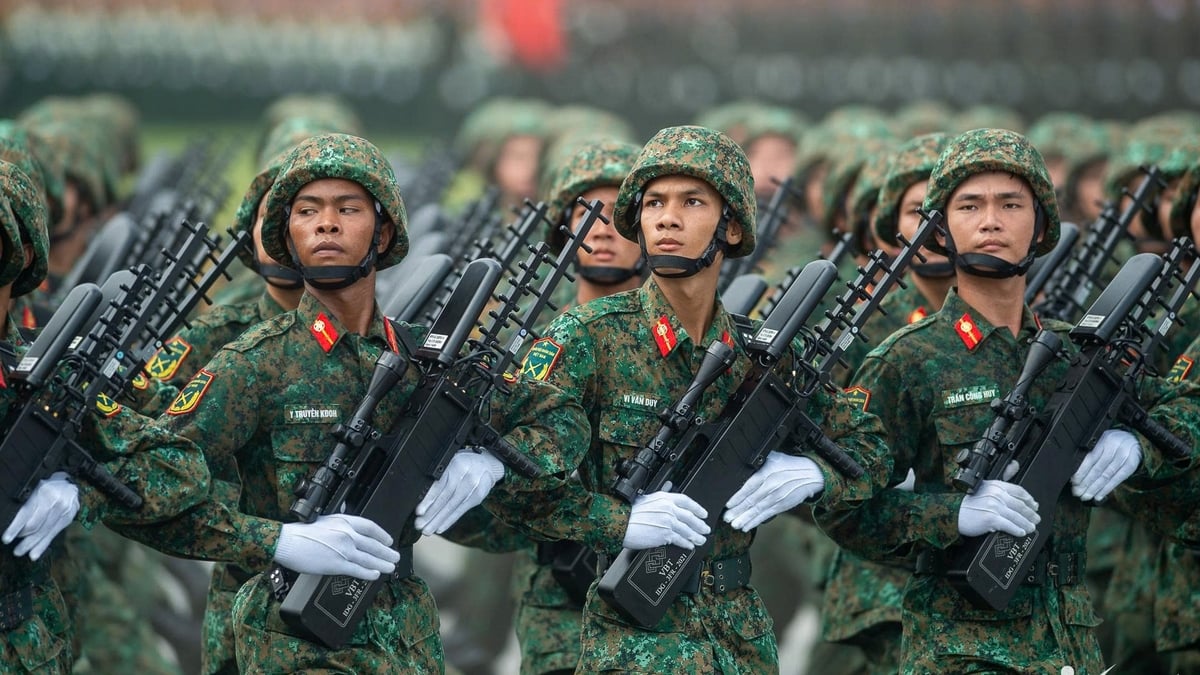






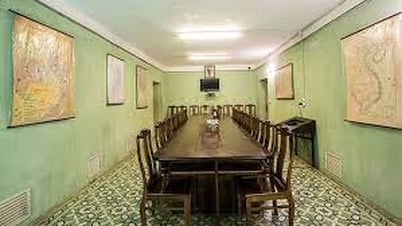

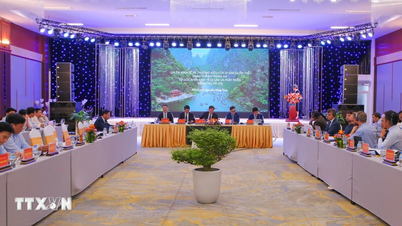











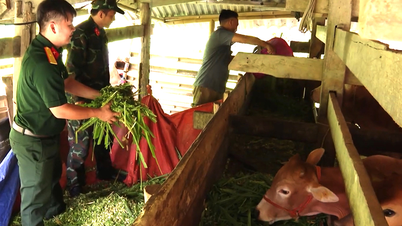




















































Comment (0)